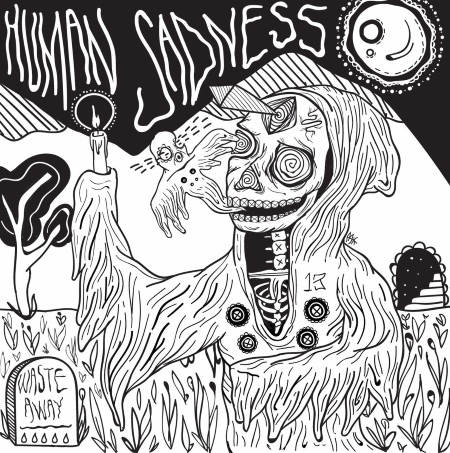
Several related words have been occasionally used in English: Samuel Johnson entered tenebricose (“dark”) and tenebrosity (“darkness, gloom”) in his 1755 dictionary, and the unabridged Webster’s Second from 1934 entered tenebra (“darkness”), but all three terms are quite rare. Statement of Robert Thomson, Chief Executive of News Corp On Havas Media Group UK Decision To Pull Advertising From Google and YouTube, Business Wire, 17 March 2017 We are also testing our own digital ad network, which will provide a measurable, high quality audience for advertisers, who are increasingly wary, and rightly so, about the murky, tenebrous world of digital advertising. Like most words referring to literal darkness, tenebrous also can be used in a figurative way to mean “hard to understand” or “obscure”: : a church service observed during the final part of Holy Week in commemoration of the sufferings and death of Christ with the public chanting of psalms and the progressive extinguishing of all candles until only one remains burning behind or under the altar Tenebrae had a life of its own as an English word referring to a very specific religious service: It came to English through French from the Latin word tenebrosus, itself derived from tenebrae, meaning, according to the Oxford Latin Dictionary, “the more or less complete absence of light, darkness,” “the darkness of night,” and “(as of squalid or disreputable buildings, etc.) a dark corner, den.” Tenebrous means “shut off from the light,” a synonym of dark or murky. The adjective crepuscular (“of, relating to, or resembling twilight” or “dim”) is used much more frequently in contemporary English than crepuscule. Certainly, it would make her life far more attractive in the crepuscule of life, but that is not to be. cannot step down no matter how much she would like to.

Like twilight, crepuscule is occasionally used figuratively to mean “a period of decline,” as in “their twilight years”: It is more than likely that the word’s use in English in later centuries was influenced by French, which settled on the spelling crépuscule and is much more frequently used than in English, since it does the double duty of both twilight and crepuscule. Crepuscule comes from the Latin word crepusculum (“twilight, dusk”), which developed from creper, meaning “dusky” or “dark,” but also could have the figurative meaning “obscure,” “doubtful,” or “uncertain.” Use of the word in English goes all the way back to Chaucer in the late 1300s, when he used the more Latinlike spelling crepusculus. Typically, the word with English roots is the more basic, everyday word and the Latinate synonym has a more technical or formal flavor: Because so many words have come into English from Latin (and from French, which brings along Latin roots indirectly), we have many near-synonyms, one from each root language, that have different connotations and usage. Umbrella (device for protecting from rain)Ĭrepuscule is a fancy word for twilight, the former coming from a Latin root, the latter from Middle English. Sombra (the shady side of a bullfight arena) Other words incorporating umbra in their etymologies include:Īdumbrate (to foreshadow to suggest to obscure) Mark Wilson, The Indianapolis Star, 20 August 2017Ī related word describes the partial shadow that surrounds the area of greatest darkness, penumbra ( pene- is the Latin prefix meaning “almost”). This will result in the moon's umbra, or darkest part of its shadow, to be projected onto the Earth.

It will be the first time in 99 years that the path of the eclipse will trace a shadowy swath across the entire country as the moon slowly passes in front of the sun. This conical shadow is what is what causes darkness in an eclipse:

: a conical shadow excluding all light from a given source specifically : the conical part of the shadow of a celestial body excluding all light from the primary source Umbra itself was first used in English to mean “phantom” or “ghost”-a meaning that came straight from one of its uses in Latin and was translated in some literary use in the 17th and 18th centuries, when shade was also used to mean “ghost.” Its more general meaning of “a shaded area” followed, but the specific one most pertinent to a solar eclipse is this one: The Latin word for shade or shadow is umbra, a word that has spread its shadow over a wide range of words in English.


 0 kommentar(er)
0 kommentar(er)
